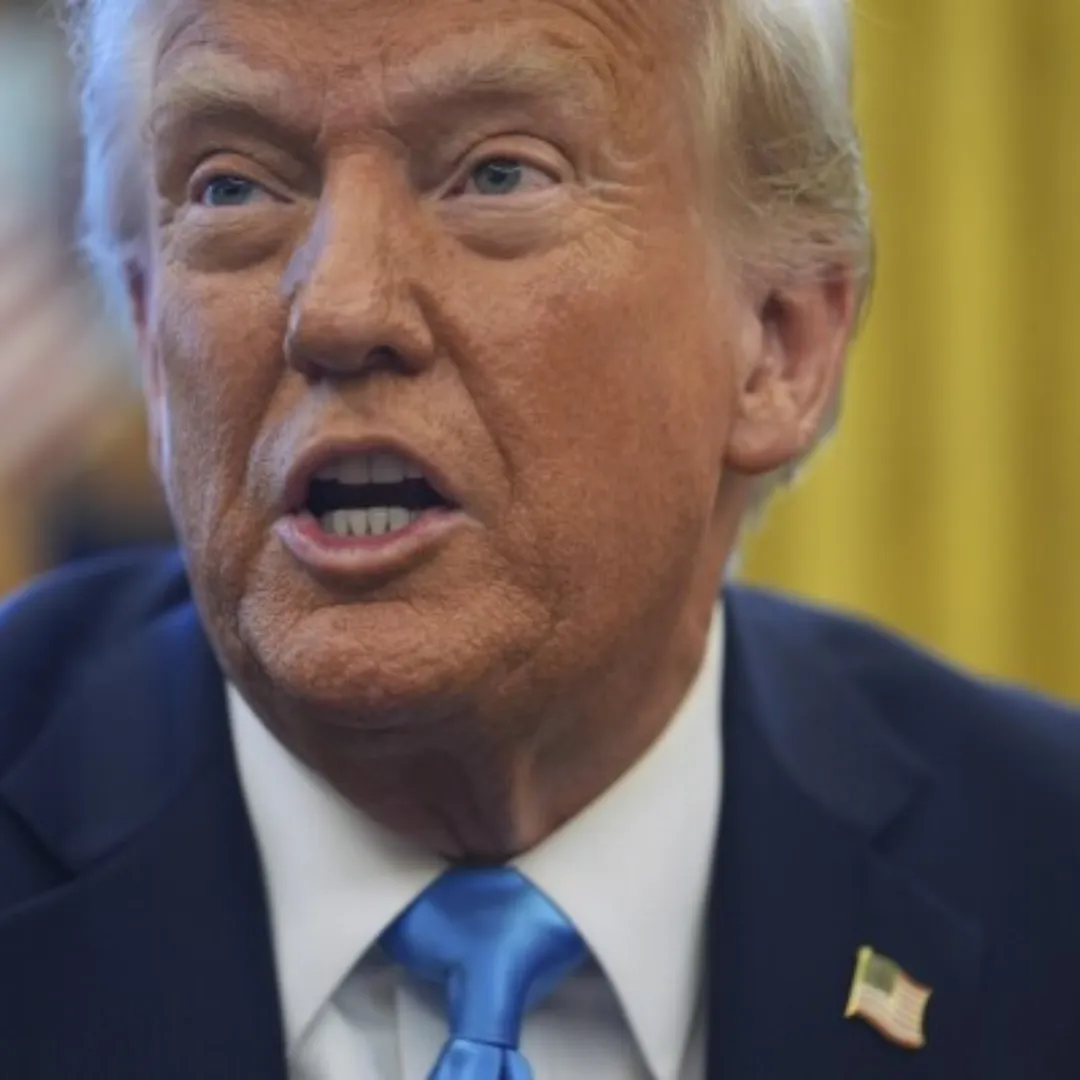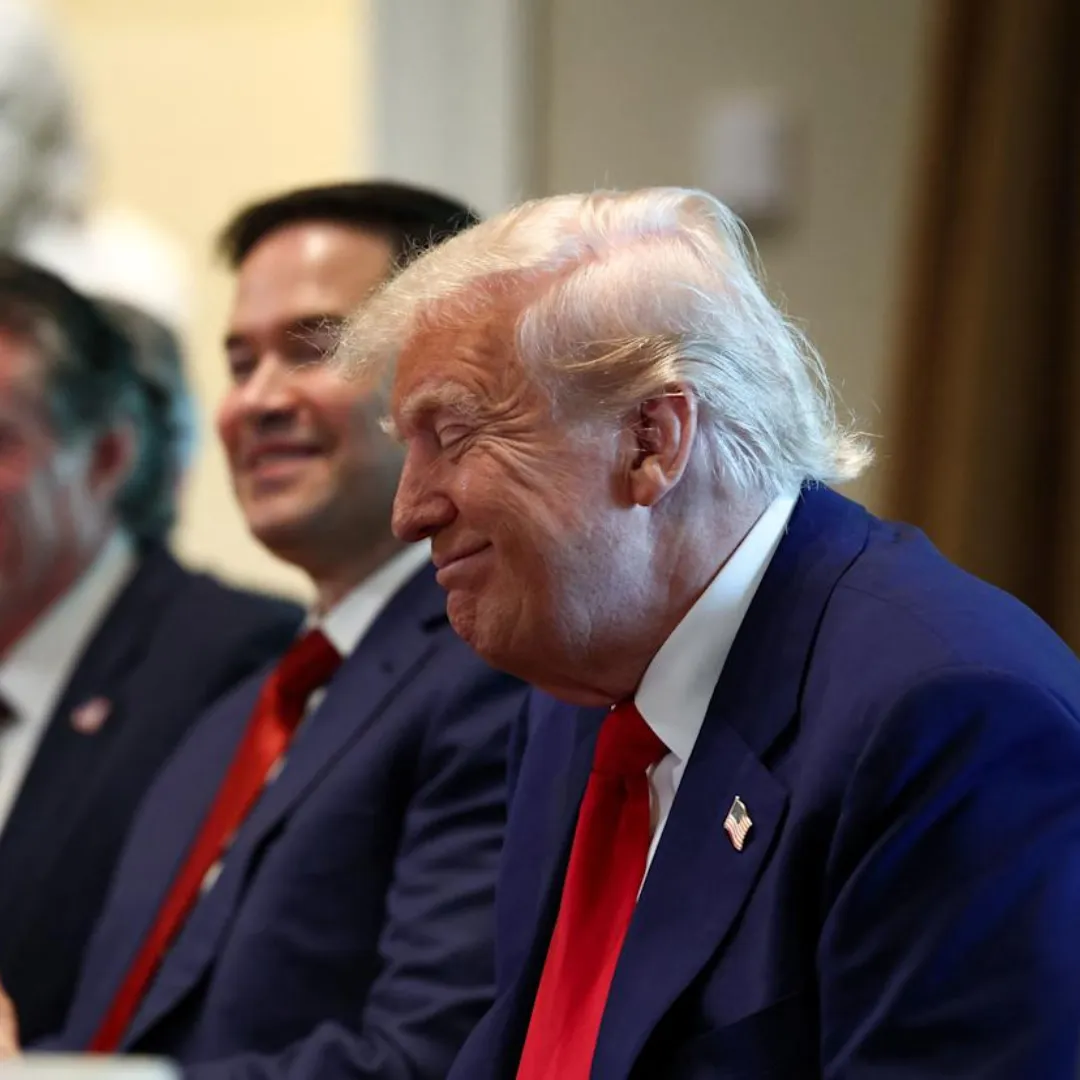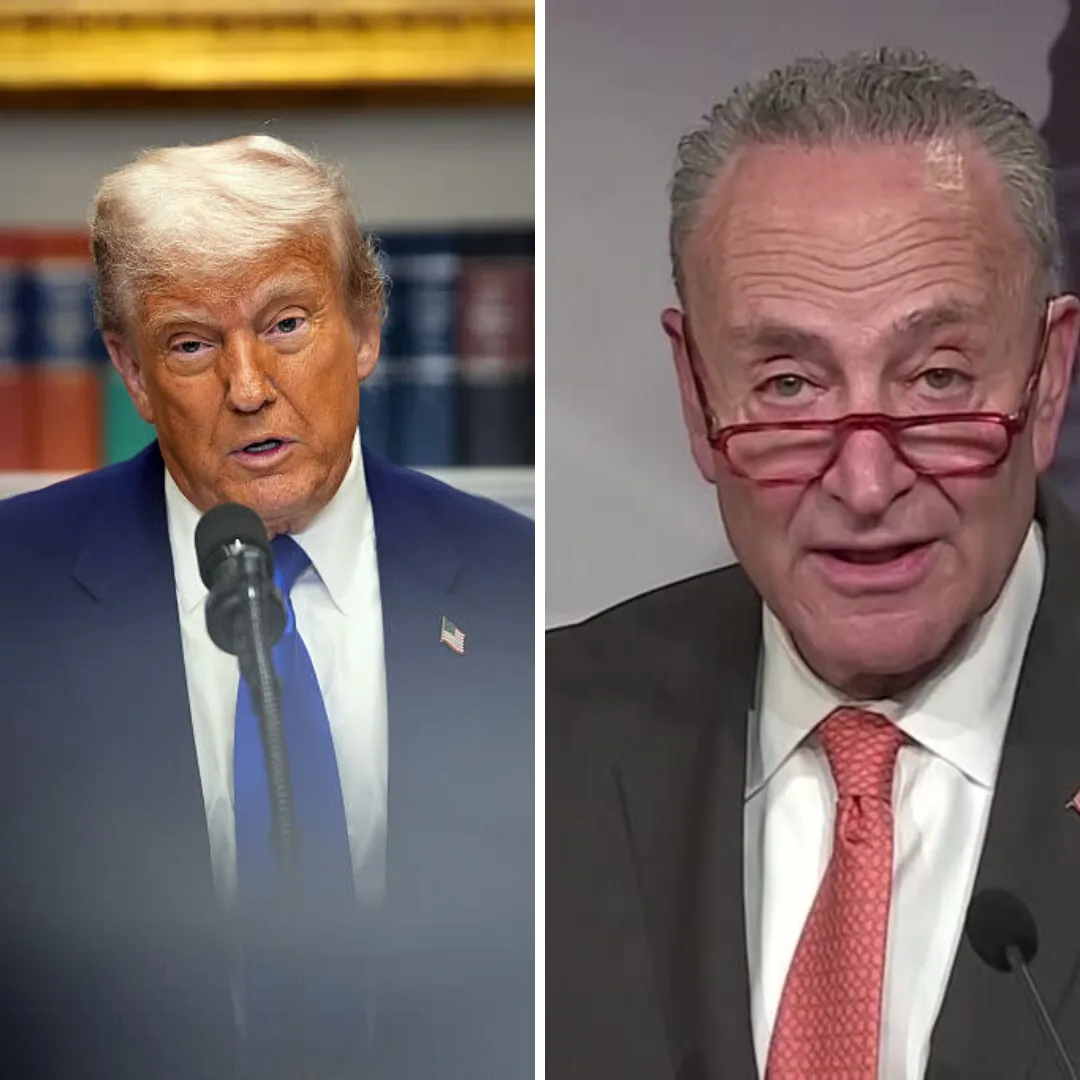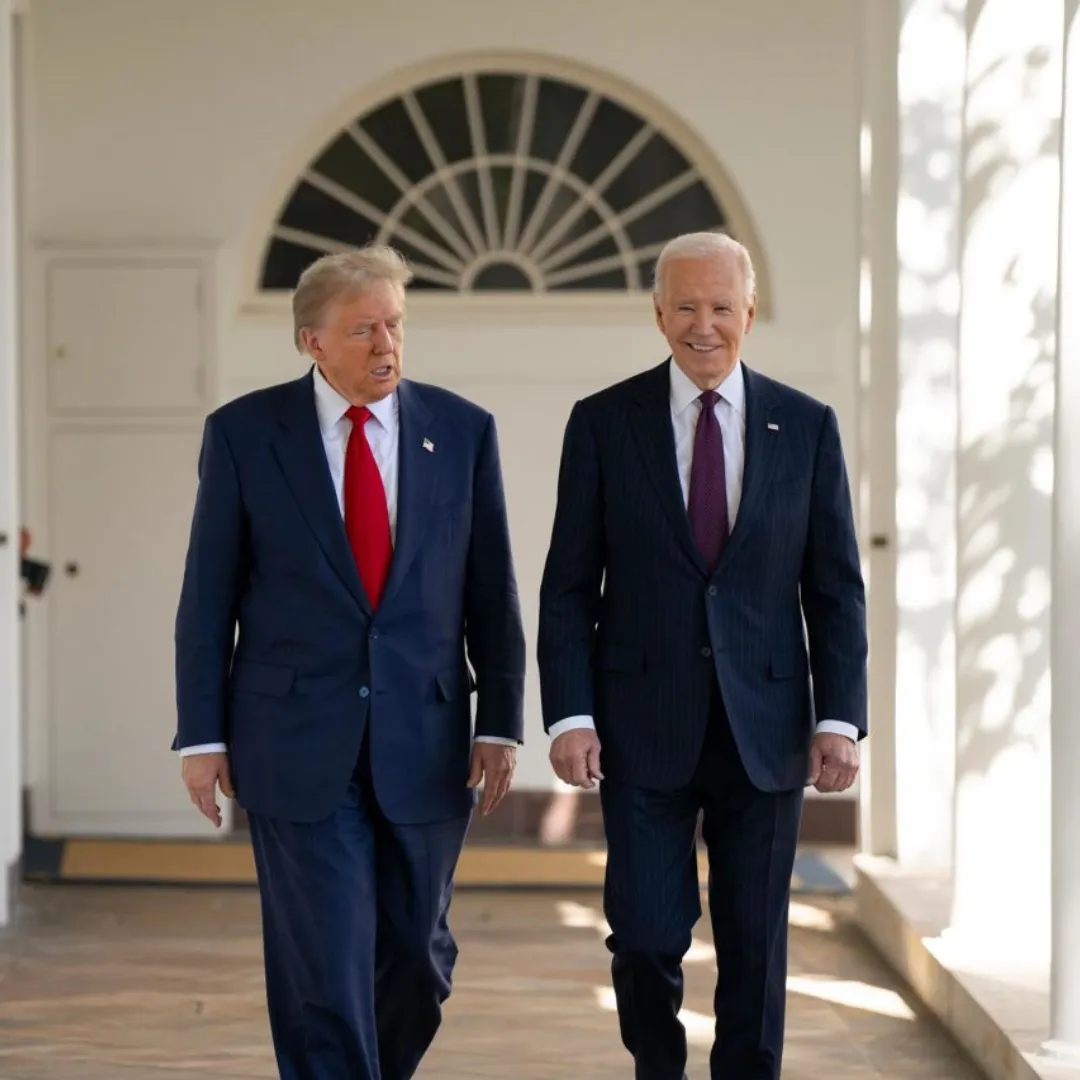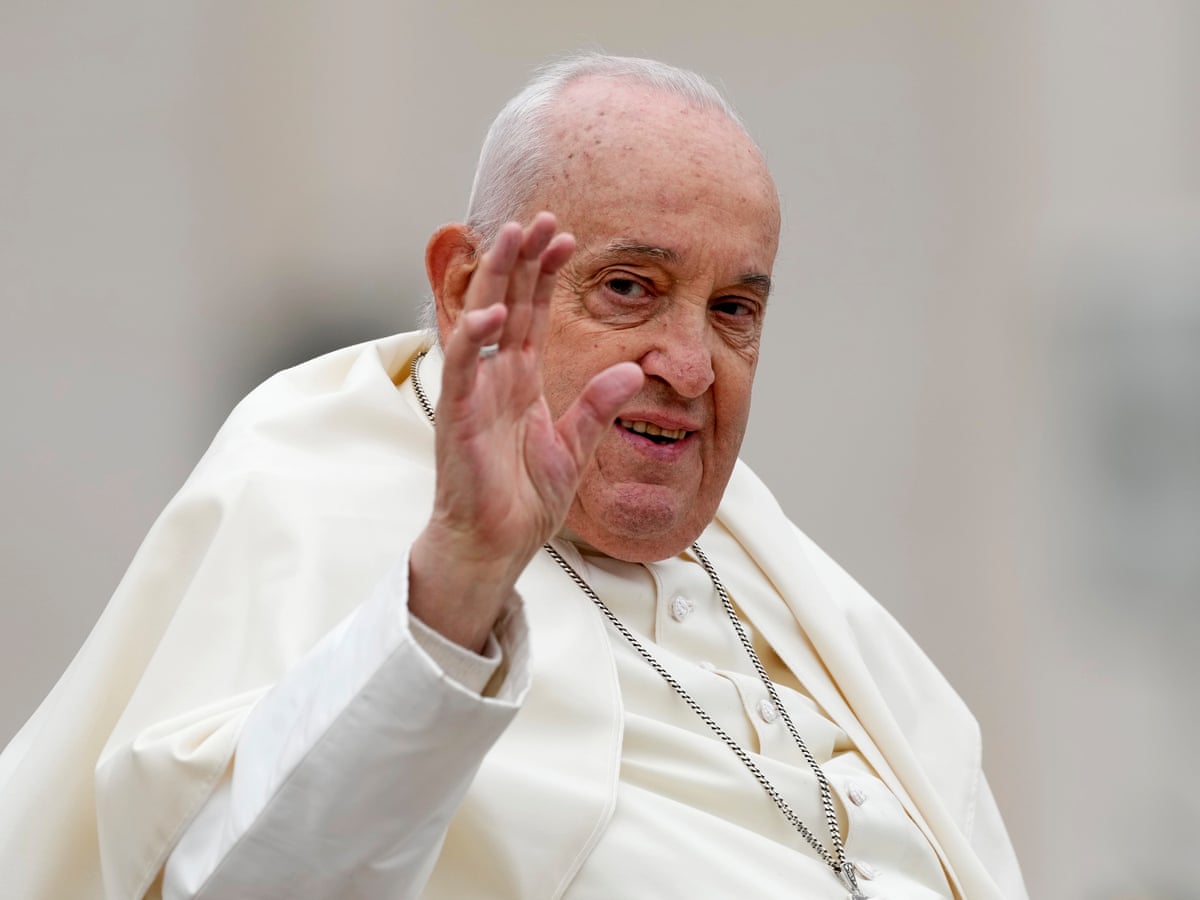
As the world mourns the passing of Pope Francis, who died on Monday at the age of 88, one of his final acts left a lasting impression on U.S. Vice President JD Vance, particularly on the matter of migration and compassion.
The pontiff, who had been an outspoken critic of former President Donald Trump’s immigration policies, made it clear in his last days that the treatment of migrants and refugees would be a cornerstone of his legacy—a message that he firmly reinforced during his final interactions with Vance.
Pope Francis’ papacy, spanning over a decade, was marked by his unwavering advocacy for the marginalized, the oppressed, and those seeking refuge. He was a vocal critic of Trump’s policies, often calling them “disgraceful” and un-Christian.
His position on migration, which he consistently framed as a humanitarian issue, placed him at odds with many in the political right, including Vance, who has aligned himself with Trump’s political ideology. The meeting between the pope and the vice president in Vatican City on Sunday, just a day before the pope’s death, was seen as symbolic of their ongoing ideological clash.
The meeting itself, though cordial in tone, carried a deeper undercurrent. Vance, who has been a strong advocate for stricter immigration policies, met with the pope as part of a diplomatic visit.
According to reports, Vance presented the pope with Easter eggs for his children, and the exchange seemed to be a moment of mutual respect. However, later that day, Pope Francis’ Easter address seemed to indirectly rebuke Vance’s stance on migrants.
The pontiff spoke about the contempt that is often stirred towards vulnerable groups, particularly migrants, refugees, and the marginalized. “How much contempt is stirred up at times towards the vulnerable, the marginalized and migrants,” Francis wrote in his address, a statement many interpreted as a direct response to the political climate in the U.S., particularly the rhetoric surrounding Trump’s immigration policies.
While the meeting between Vance and Francis was brief and appeared to be mostly conciliatory, it was preceded by a more direct and diplomatic conversation between Vance and two of the pope’s closest allies: Cardinal Pietro Parolin and Archbishop Paul Gallagher.

During that meeting, the Holy See emphasized the importance of compassion for migrants and refugees, and there was an explicit call for “serene collaboration” between the White House and the Catholic Church in the U.S. The Vatican’s statement underscored the need for international cooperation in addressing the plight of those displaced by war and political unrest, with a particular focus on the challenges faced by migrants.
Vance’s office, however, did not include migration in its official description of the meeting, which instead highlighted discussions about President Trump’s “commitment to restoring world peace.” This omission further fueled speculation that Vance and the Vatican were not entirely in sync on issues of compassion and humanitarian aid.
While the Vatican was advocating for a more inclusive and humane approach to migration, Vance’s office seemed to focus more on broader geopolitical concerns, underscoring the ideological gap between the two parties.
The pope’s focus on migrants and refugees in his final public statements was not a new development. Throughout his papacy, Francis had been a staunch advocate for those fleeing war, poverty, and violence, viewing their plight through a deeply Christian lens of charity and love for one’s neighbor.
In February 2025, Francis had publicly condemned Trump’s plans for mass deportations, calling them a “disgrace” and insisting that such policies were not in line with Christian values. This stance put him at direct odds with figures like Vance, who has supported more restrictive immigration measures.
In a letter earlier that year, Francis had also criticized Vance’s interpretation of Christian love, cautioning him that “Christian love is not a concentric expansion of interests that little by little extend to other persons and groups.”
Vance, who had converted to Catholicism in 2019, acknowledged the pope’s criticism and referred to himself as a “baby Catholic,” admitting that there were aspects of the faith he still didn’t fully understand. However, it was clear that the pope’s message about compassion for others, particularly migrants, was not one Vance was likely to embrace fully, given his political alignments.
The relationship between Pope Francis and Vance had been marked by ideological clashes long before their final meeting. Pope Francis, the first Latin American pope in history, had frequently spoken out against the rhetoric of anti-immigrant leaders, particularly Trump, who had called for building a wall along the southern border of the United States and enacted a series of harsh policies aimed at deterring immigration.
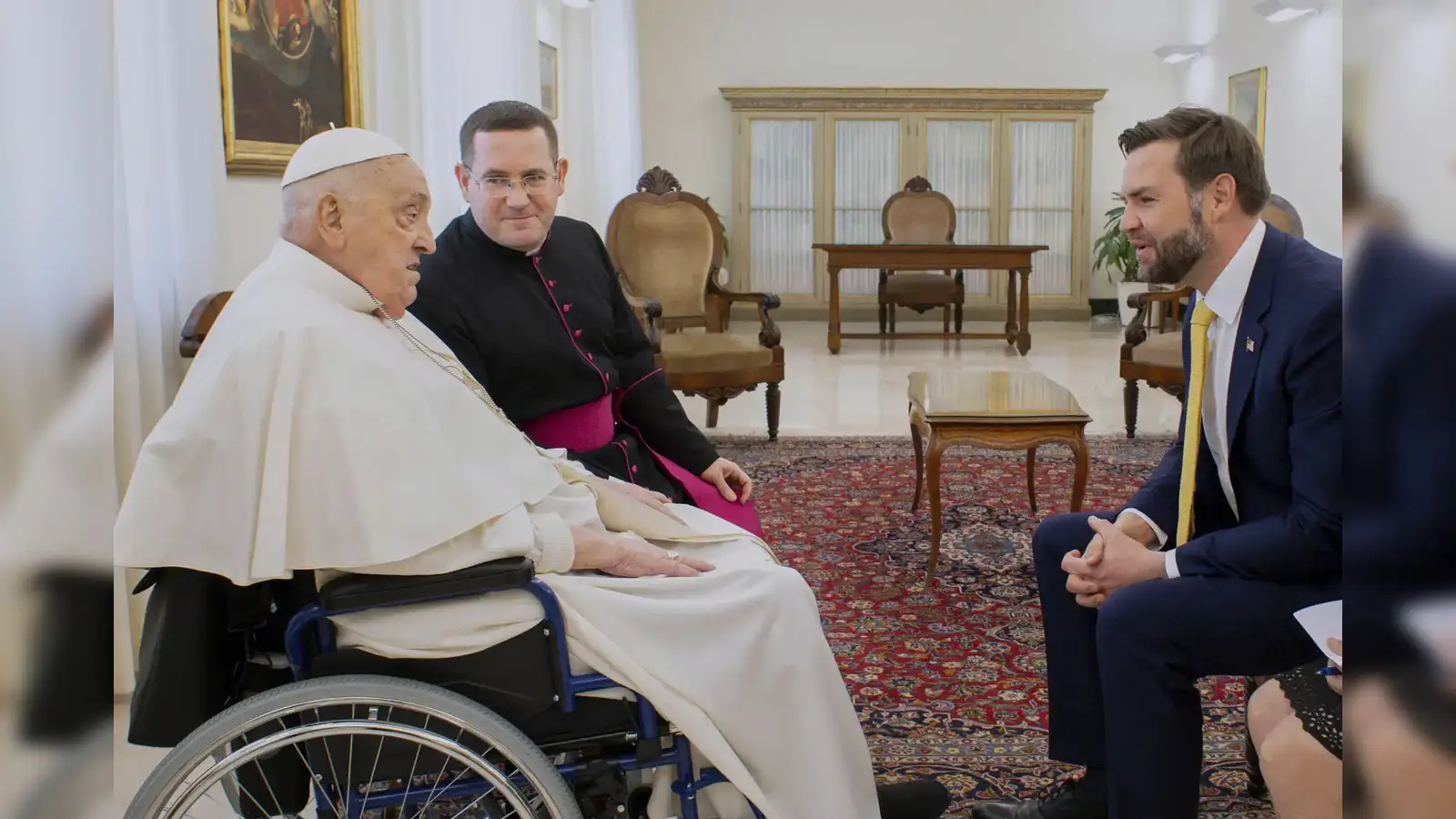
Francis, born in Argentina, viewed these policies as not just political but as moral failures, especially from a Catholic perspective. Trump and Francis’s relationship had been strained, with Francis famously calling the proposed wall “not Christian,” a remark that sparked a bitter exchange between the two men.
Despite these tensions, Francis’s final message about the treatment of migrants and the need for compassion remained consistent. His papacy was defined by his commitment to advocating for the poor and vulnerable, and he used his platform to speak out against xenophobia, racism, and the mistreatment of migrants.
Even in his final days, Pope Francis remained firm in his belief that migration was a moral issue, one that required empathy and solidarity rather than fear and exclusion.
The day after his meeting with Vance, Pope Francis passed away from complications related to his chronic lung disease and double pneumonia, which had worsened over the past year. While his death has left a void in the Catholic Church and the global community, his legacy as a champion of the marginalized, particularly migrants, remains intact.
His unwavering stance on migration, and his willingness to confront world leaders over their treatment of refugees, will likely be one of the most defining aspects of his papacy.
For Vance, the meeting with Pope Francis was an opportunity to engage with the pontiff on a personal level, but it also highlighted the ideological rift that exists between him and one of the most influential religious leaders of the modern era. Vance’s stance on immigration, which aligns closely with Trump’s policies, stands in stark contrast to the pope’s advocacy for compassion and solidarity with migrants.
As the vice president continues to navigate his political career, the lessons imparted by Pope Francis—particularly on the treatment of vulnerable people—may continue to resonate, though it remains to be seen whether Vance will embrace these lessons or remain steadfast in his more hardline approach.
In the end, Pope Francis’s last act was not just a meeting with JD Vance, but a reminder of his deeply held beliefs about the dignity of every person, especially those who are most vulnerable.
As the world reflects on his passing, his message on compassion and the treatment of migrants will undoubtedly remain one of his most powerful legacies. For those who knew him, including Vance, it was a final lesson in the importance of empathy—a lesson that may take years to fully appreciate.
